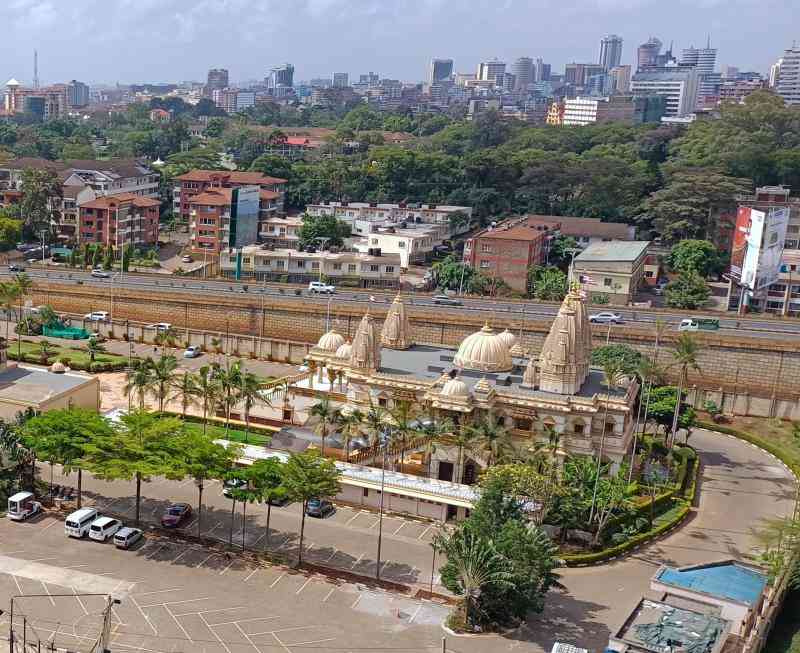
Joshua Otieno's dream of living in Pangani area, Nairobi was dimmed as soon as prospective landlady noticed his second name. All was well before as the Kikuyu landlady took him around and explained the tenancy agreement; but hell broke loose when she learnt he was Luo.
"She gazed at my ID in shock then told me she was not going to take me in without further explanation," says Otieno, a freelance photographer. Otieno who later rented a house at Zimmerman estate has not shaken off bitterness with that landlady. Peter Macharia, 22 was kicked out of a house in Ngara after he accommodated his college girlfriend. He was barely two months old when he was ordered out of the residence for entertaining women. He settled for a mabati house in Kaloleni estate but a Luhya landlord rejected him when he learnt he was a Kikuyu.